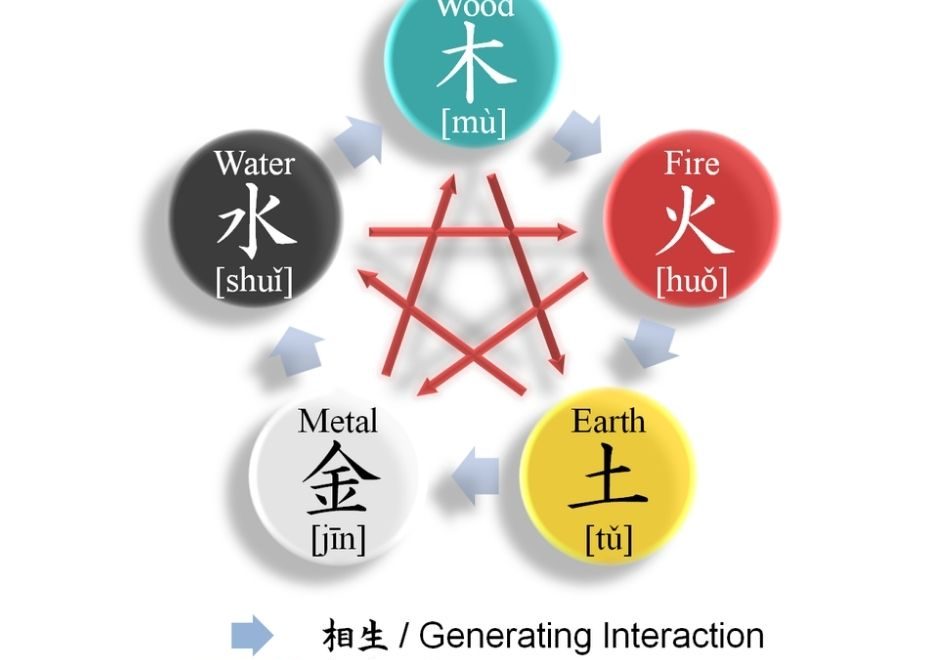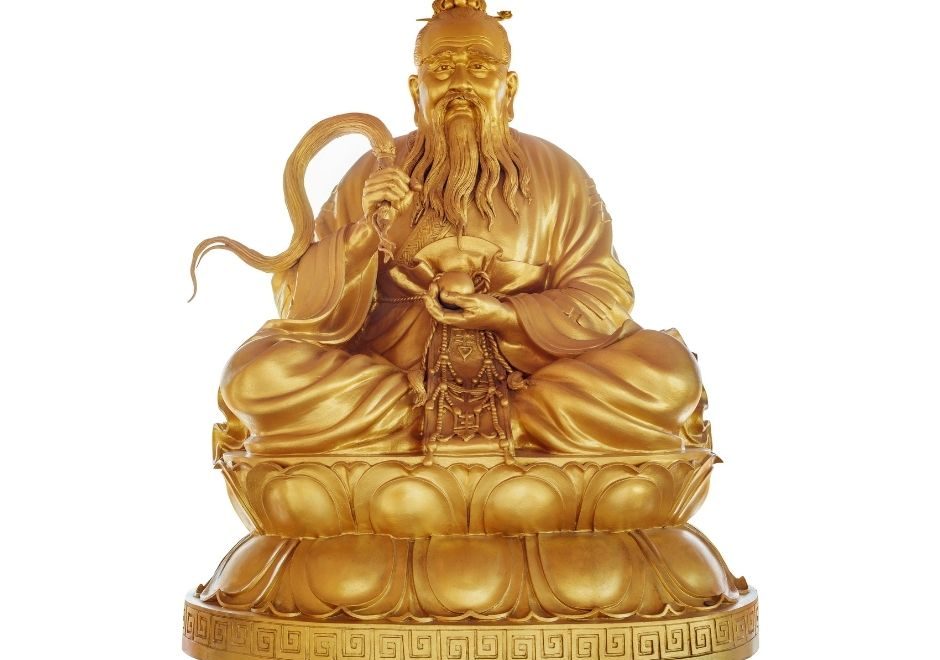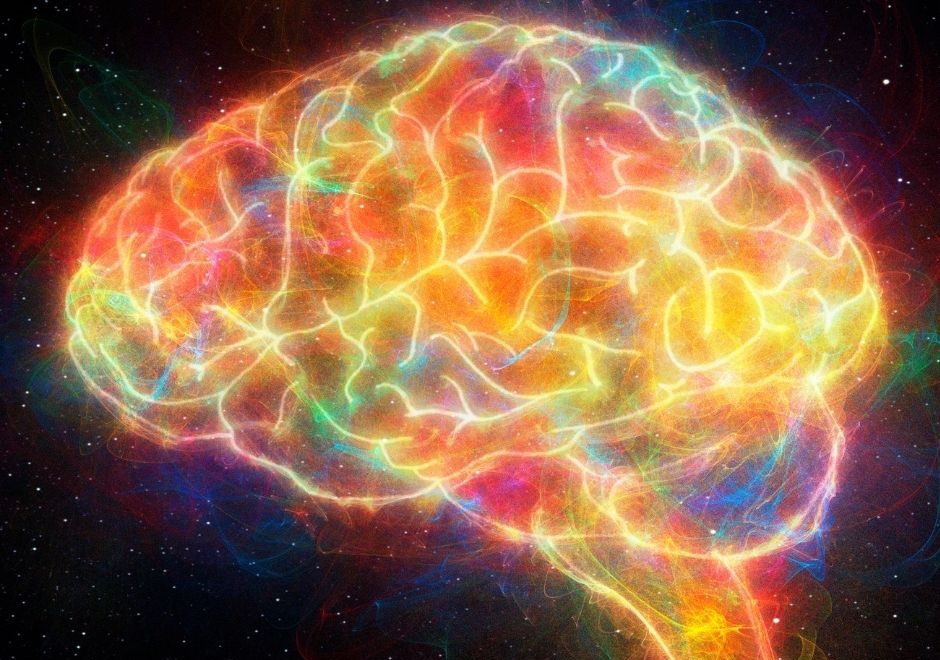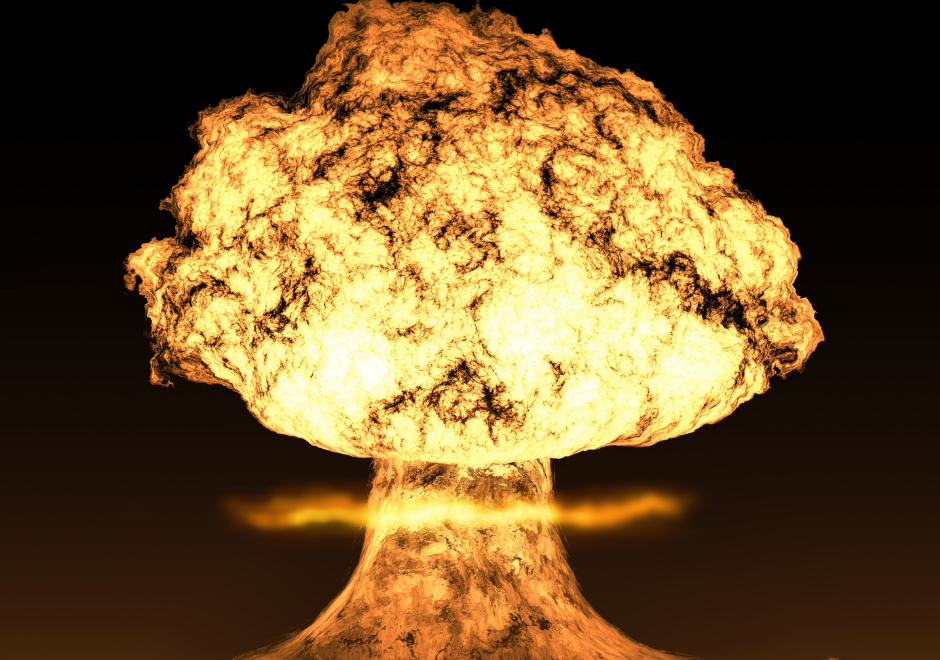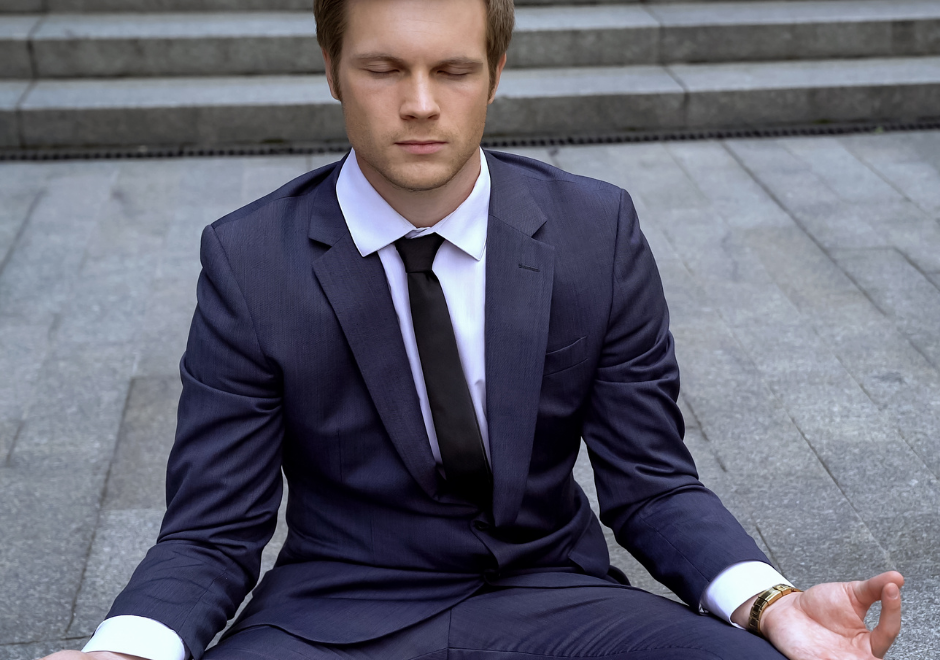As students progress through the Masters’ Course at our Norwich Academy, they develop their understanding of the Elements that they have been learning about during the Advanced Course. The five advanced Tao Te Kung Fu forms are based on these elements utilising the different dynamics and strategy that each one implies. I thought it might be helpful to introduce some of these ideas here; there is no particular reason to leave these ideas to later if you are interested now. Also the ideas are relevant to the whole of life, once you can understand them.
Remember, when we talk about the elements we are not talking about science; not trying to describe the physical reality that is otherwise explained by atoms etc. The elemental explanation can be seen as a map or perhaps a dynamic flowchart of the human emotional structure or the intra-personal and interpersonal process. It is intended to help us navigate and understand ourselves and how we work with others.
So, in addition to appreciating how the Elements represent attitudes, approaches, times & seasons and even techniques, you can begin to appreciate how they all interact with each other in an holistic view of life as well as within Kung Fu.
When we start to consider how an element relates to the others, we notice that each one invokes all the others. You can’t consider one without considering all. Let’s consider Wood. In the Sheng cycle of nourishment or generating, Wood nourishes Fire, but is nourished by Water. In the Ke cycle of control or overcoming, Wood controls Stone, but is controlled by Metal. The same is true for each of the elements, consideration of each one invokes all the others in a relationship of either nourishing or control.
This means that you really need to understand each part to understand the whole, but also need to understand the whole to make sense of each part. In practice this means there is going to be a point when it all clicks together and you have fabulous four-dimensional moving diagram in your head and stuff makes sense.
I want to give you a very simple introduction, I might say a flavour of how to make sense of these interactions.
The order of the Sheng cycle of nourishing, runs Wood, Fire, Stone, Metal, Water.
The order of the Te cycle of controlling, runs Wood, Stone, Water, Fire, Metal.
Let’s examine each relationship in turn.
Wood controls Stone/Earth
When a situation or an individual is being belligerently stone; blocking movement like a bolder blocking a stream. Planting the right seed of an idea and waiting for it to grow into a change of attitude might be the best approach. A delicate plant can break through concrete, or a root will split a rock, or just wait and a desolate barren landscape will be softened and changed by the plants that will grow, given half a chance. All the plants need is the right environment and they have the energy stored within them to grow, but they will grow at their own pace, you can’t rush them.
What will the plant need most to nourish it?
Water will of course nourish the Wood
Water is associated with relaxed contemplation, finding the easiest way, the downhill route. It represents patience and confidence that the hidden seed will emerge in its own time.
Metal controls Wood
When a situation has grown out of control or a person’s problems have become a tangle of thorns to smother and engulf them, grown from a negative seed planted perhaps years before, it will take the precise swift cut at the right place to free them. A word can be carefully honed to cut deep and separate a person’s present from their past.
Stone will nourish the Metal
A stone Can be used to sharpen a blade, but also Metal is found in the ground. Stone, is centred, like a mountain, it is solid and dependable, it takes endurance and solid persistence to forge a quality tool. Stone is about hard productive work, just what it takes to make a Metal tool that cuts easily.
Fire controls Metal
It is in the first moments of a metal tool’s production that it is most easily shaped when it is straight out of the Fire. Soft and pliable.
Whatever is produced through long hard work that ends up as a thing of lasting efficiency, was first shaped by the passionate optimistic drive that inspired it. Fire controls Metal. It is the passion of the warrior that wields the blade. It is the warm humour, the candlelit, red wine seduction that melts the cold efficient hard edge.
Wood will nourish Fire
The natural energy of growth contained in a seed will ensure that it grows if only the right environment is available, nothing forced, just let it happen at the right time? It takes free organic creativity to allow optimistic passion to emerge. As spring and small beginnings will lead to summer and abundant growth, so Wood will nourish Fire.
Water controls Fire
When passion is driving someone in an “all or nothing” “fly or crash and burn” attempt at the rashly considered, it is the relaxed contemplation of Water that will bring such a passion under control. In finding the easy way, using gravity as it’s driving force, Water will be the antidote to reckless aggression. Stressful anxiety can become like a brushfire, turning into fearful paranoia and eventually, a burnt out black depression. A period of hunkering down, not trying to be productive, just quiet restorative contemplation might be all that is needed. The drive to always be super productive all the time is no more natural than asking a field to yield abundant crops all year round. Winter, the season associated with Water, is as essential part of the production cycle as high summer. While fire will burn up the available resources, Water can produce an enormous force as a river heads on resolutely towards the sea.
Metal nourishes Water
Before the days of plentiful glass, on a cold morning, people would notice that on Metal tools Water droplets would appear. How does one develop the relaxed contemplative attitude that confidently identifies and follows the easier route through life? Only the steady, patient tempering, grinding, sharpening and polishing, associated with Metal will enable one to develop the apparently effortless attitude of Water. The sharp Metal tool, makes the job easy, because the work all went into preparing the tool. To learn to see the ebb and flow of situations, to recognise where the way of least resistance lies, to calmly, confidently follow the Tao, this takes patient practice and dedicated focus. Metal nourishes Water.
Stone controls Water
Water will sink to the lowest point and sit still in the darkest places becoming stagnant, toxic. Water can also rampage over a valley destroying homes in its way. There are times when putting no effort into one’s progress will leave one stuck and flat. Sometimes confidently charging forward without control of the direction will create havoc for everyone around. Stone or Earth represents the head down, hard work of quarrying and building, essential for social progress and the creation of heritage and solid structures. Stone creates the traditions that direct and form the barriers that help to channel our energies into safe and productive routes, the way that canals, levies, and flood defences guide the otherwise wild and pathless.
Fire will nourish Stone/Earth
The warm love of family drives us to build for posterity, working hard to create a heritage both solid and enduring. The passion of faith will lead to monuments that will last millennia. The desire of the end result will keep us slogging through when the going gets tough, even if the Fire in our bellies has to be stoked every so often. Fire nourishes Stone.


